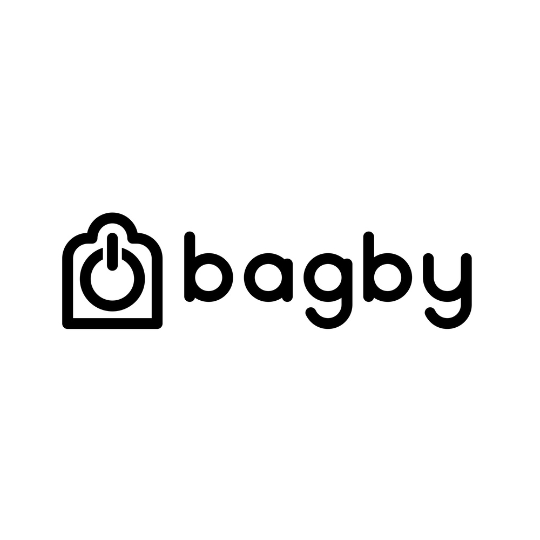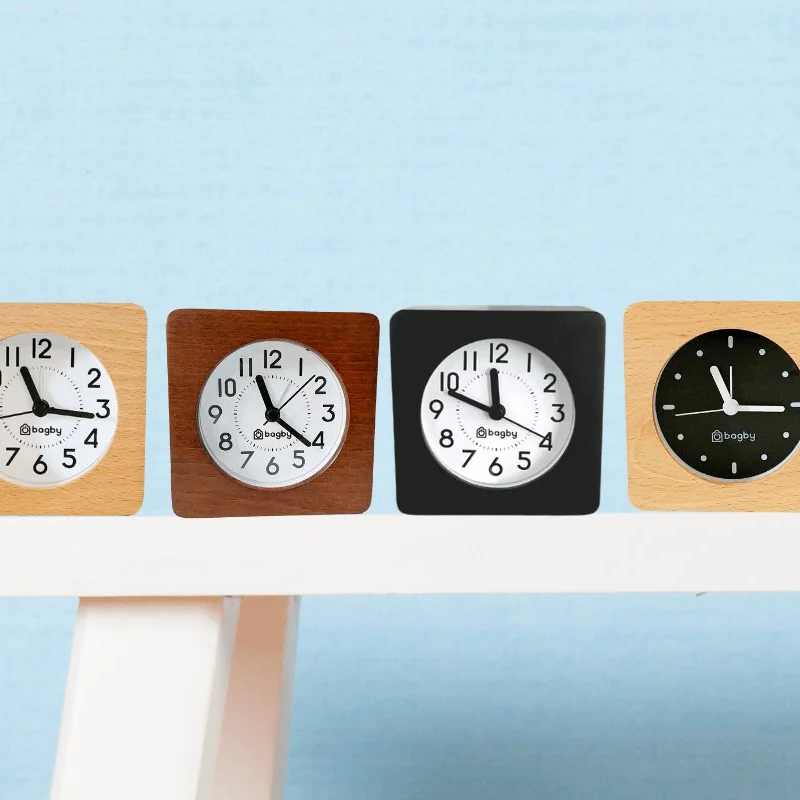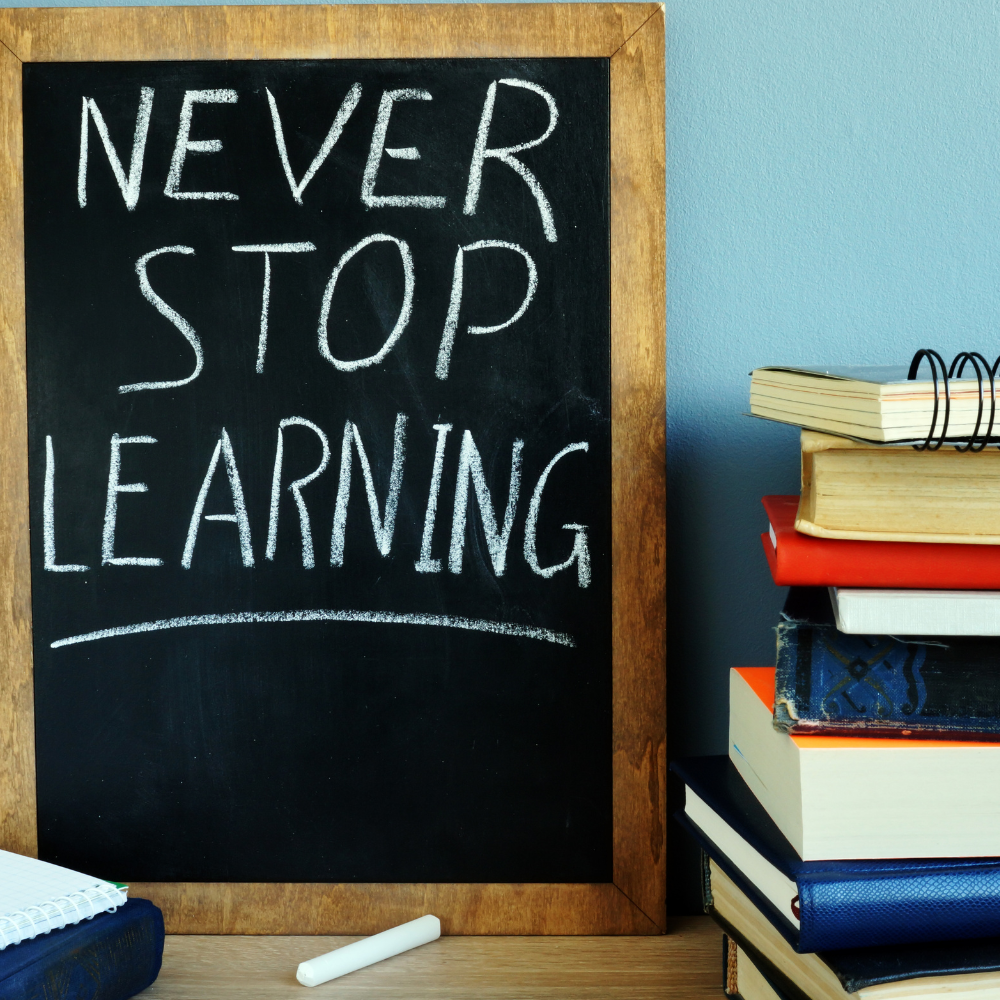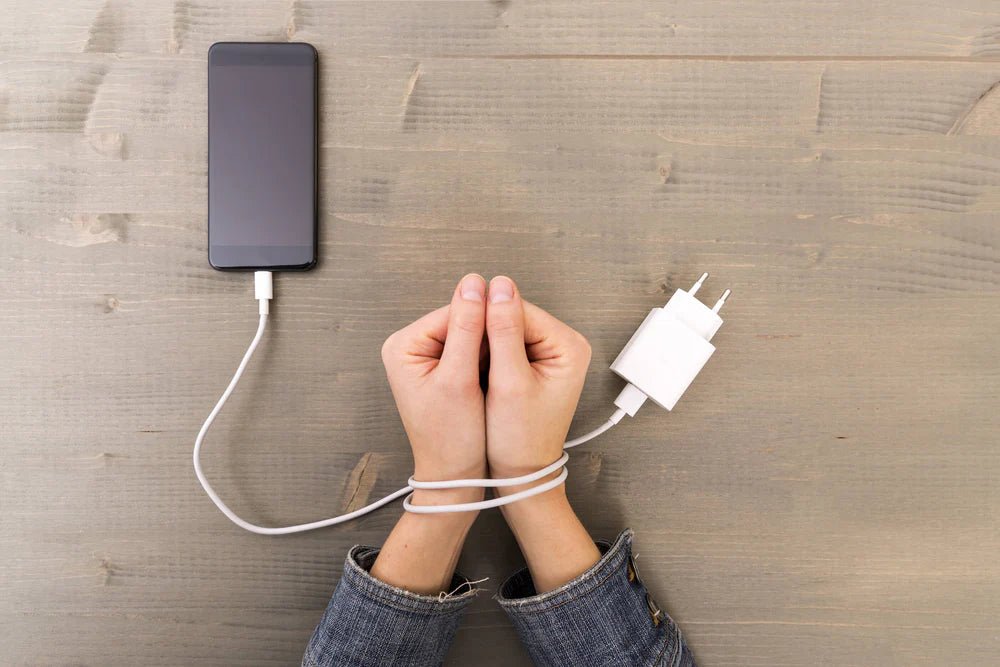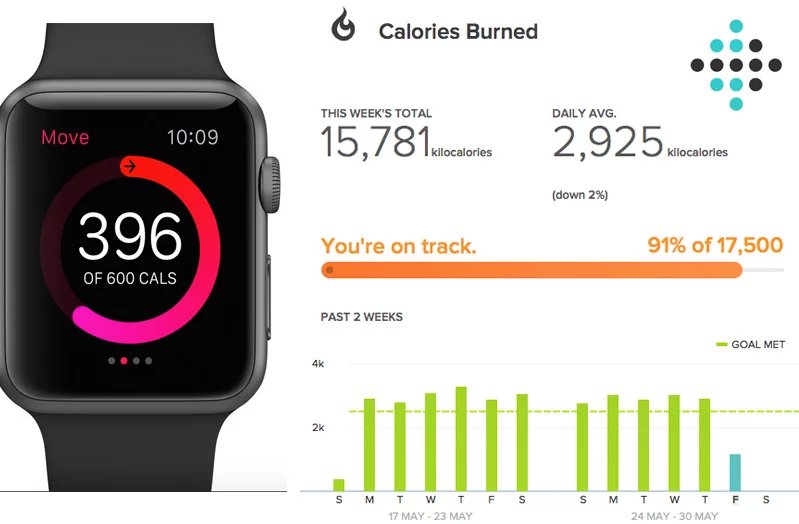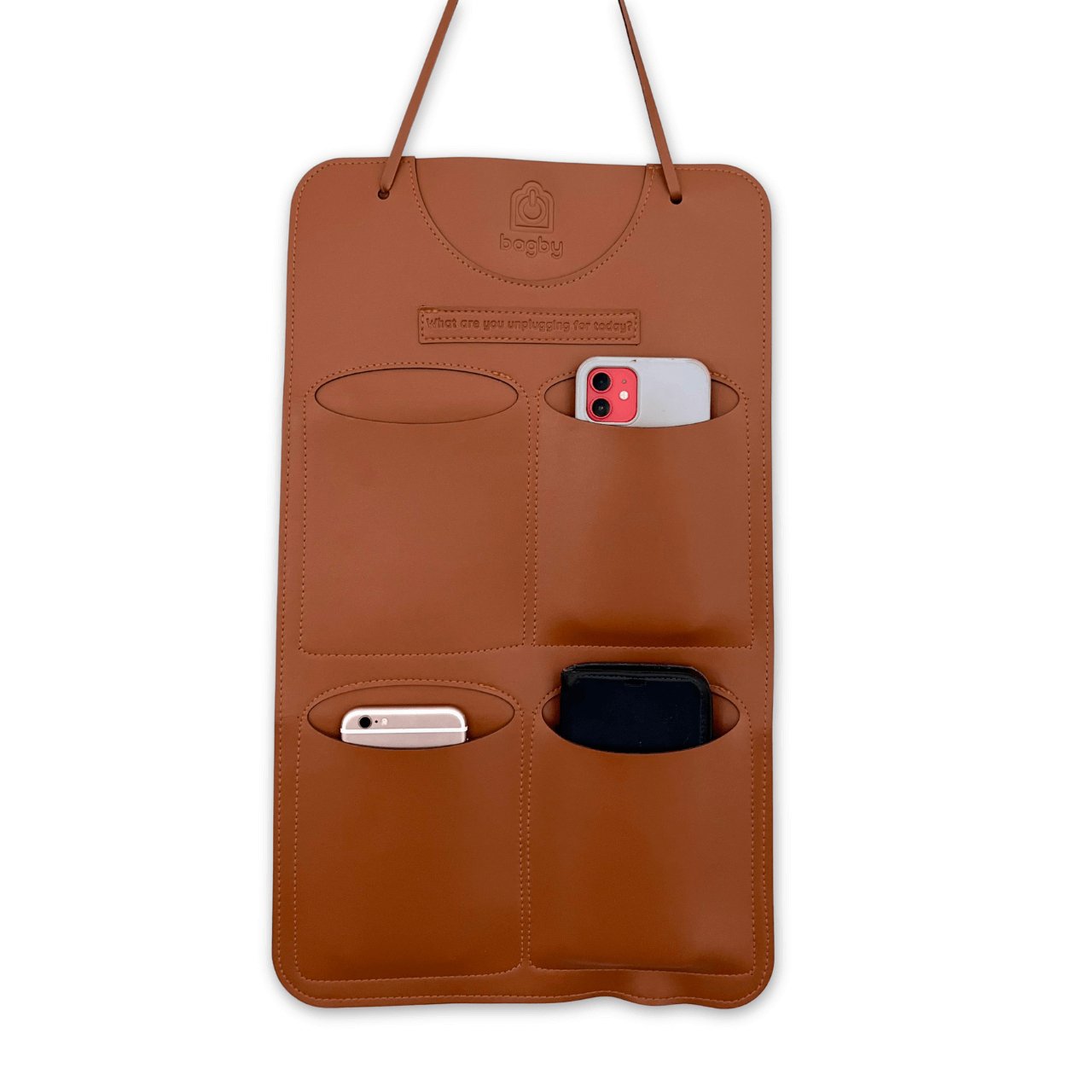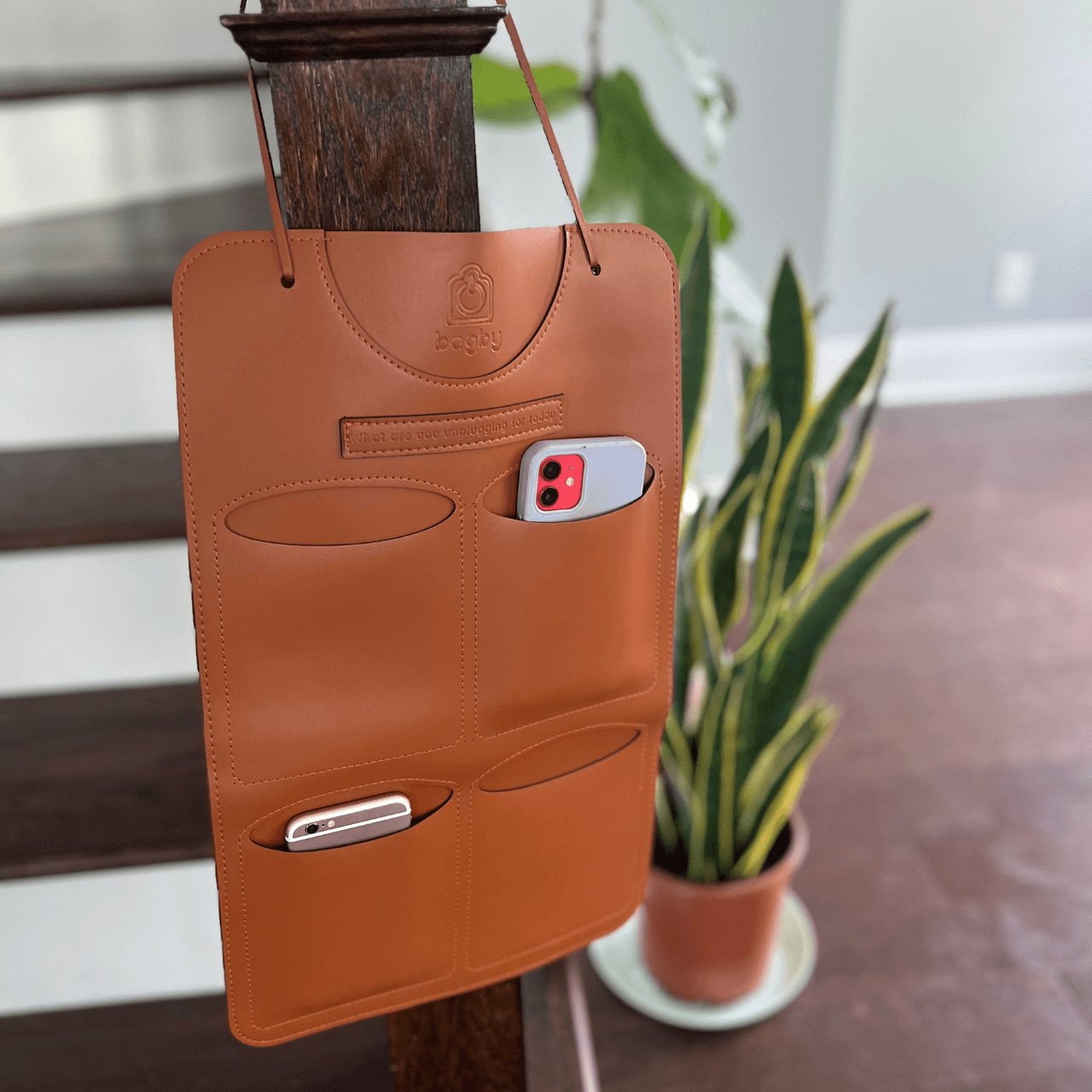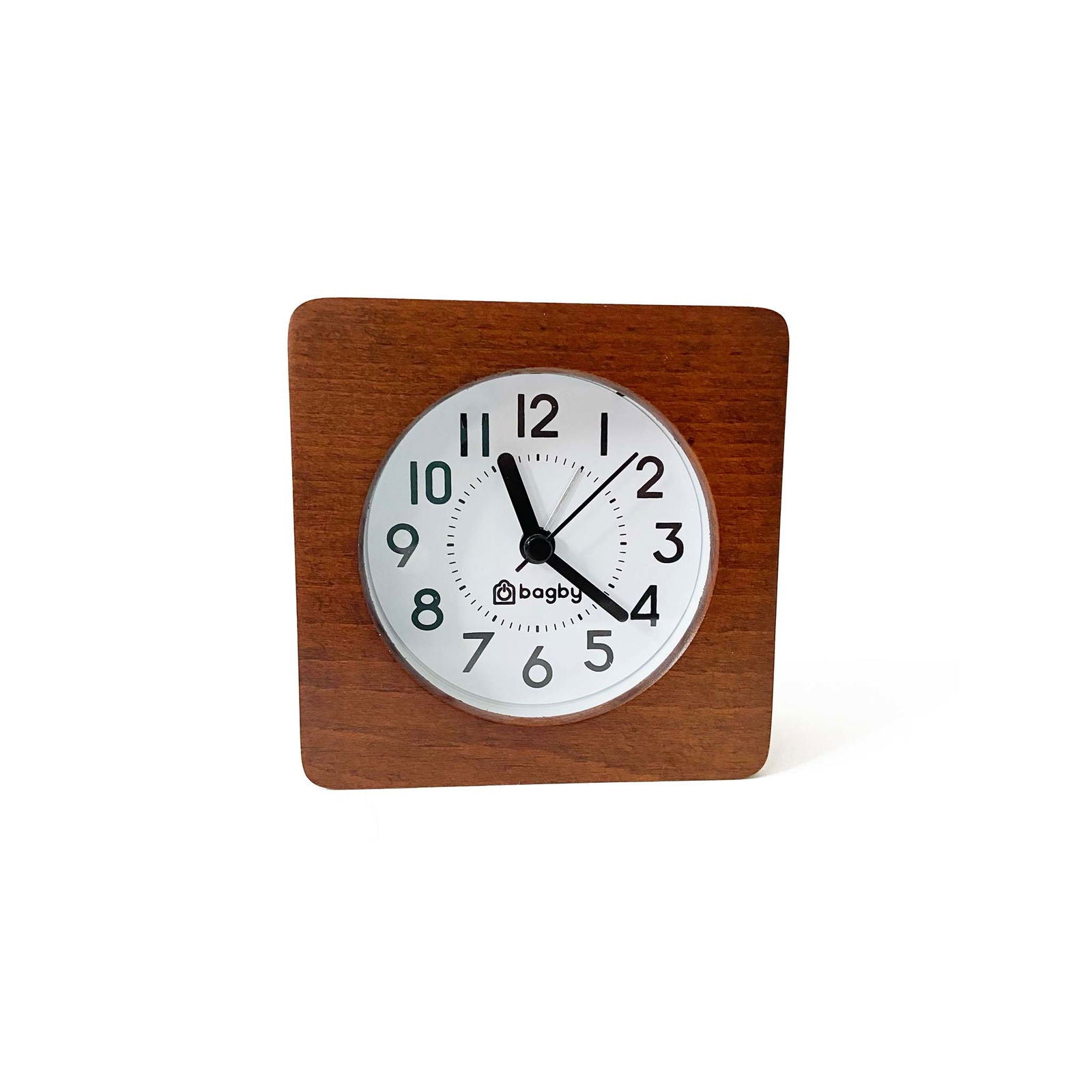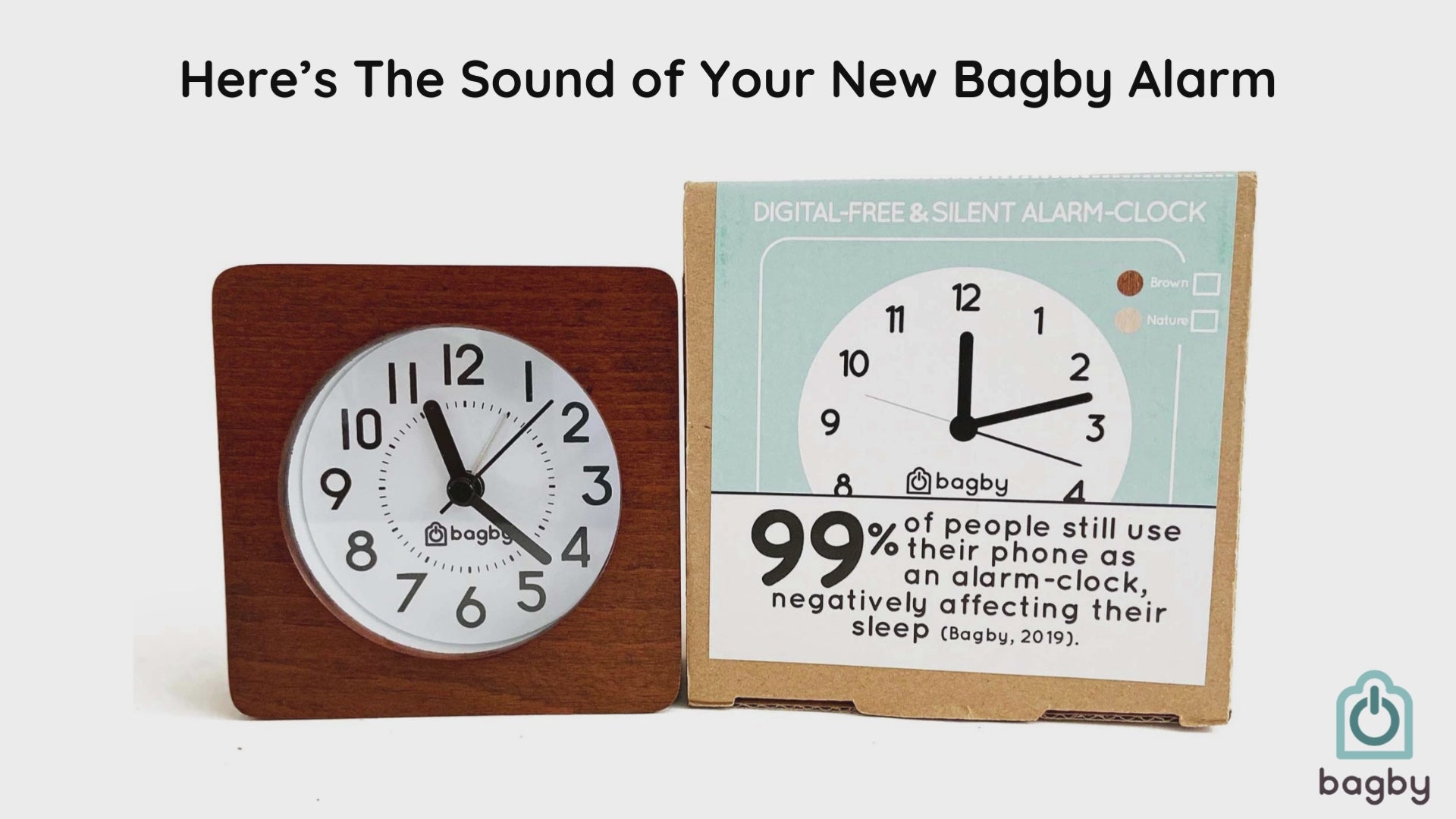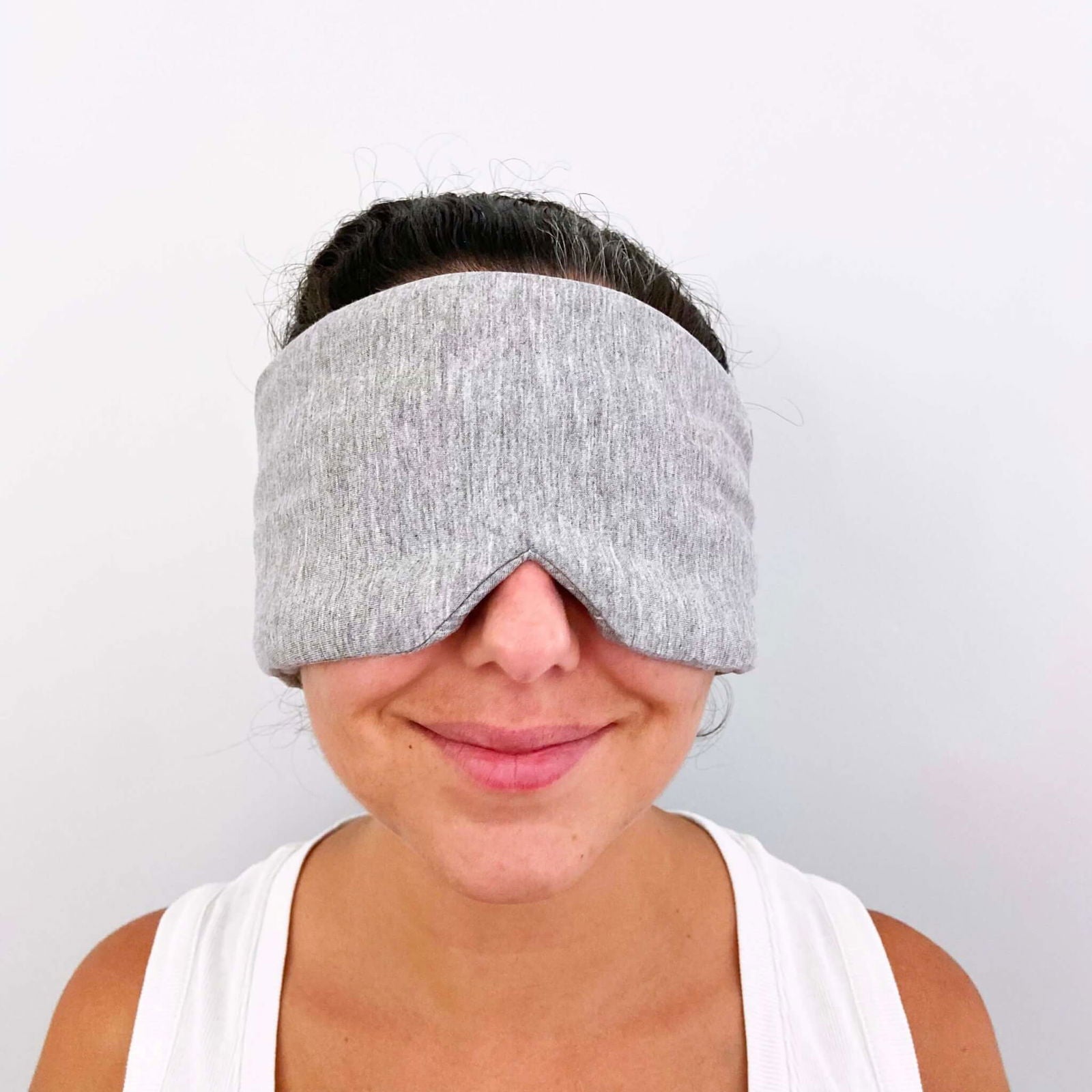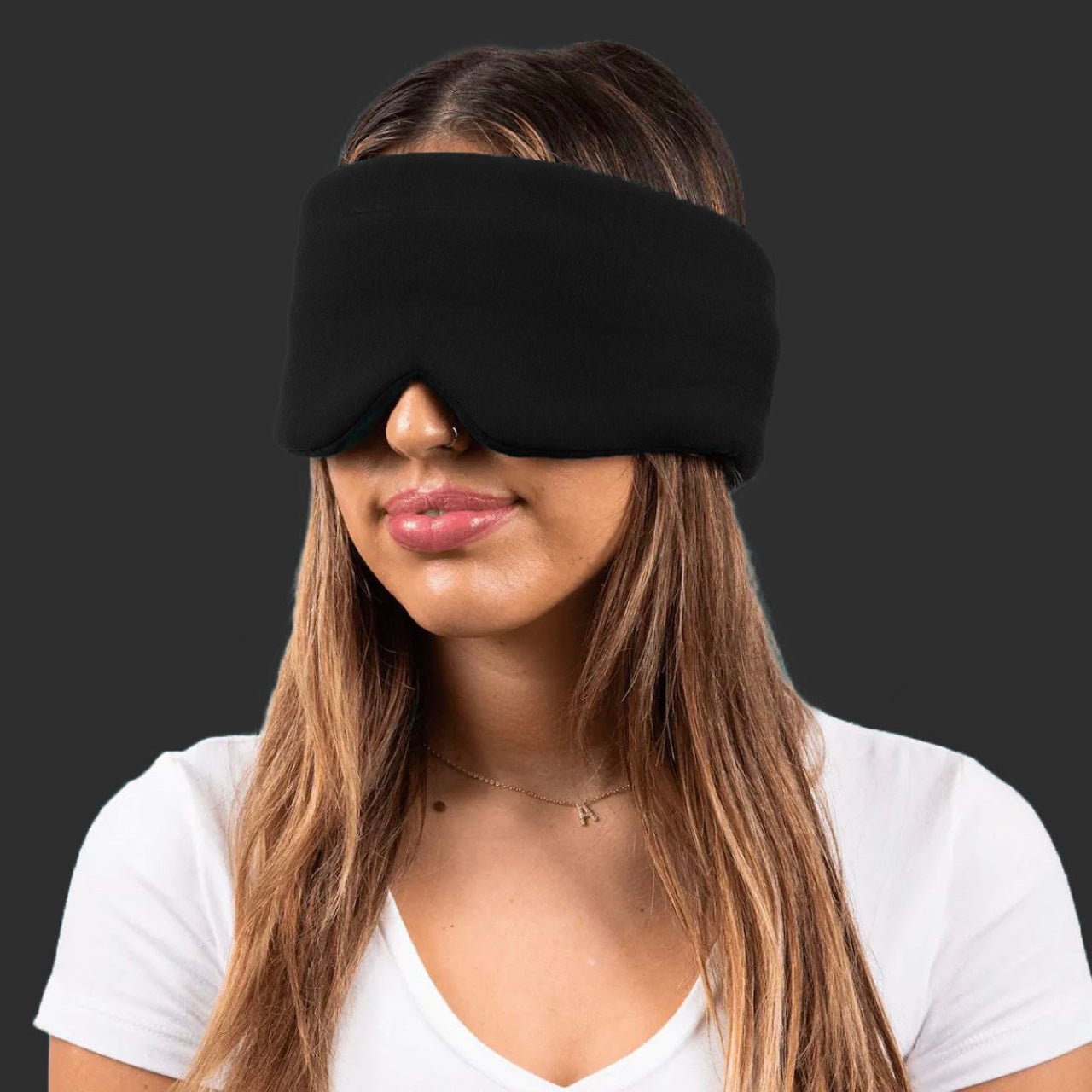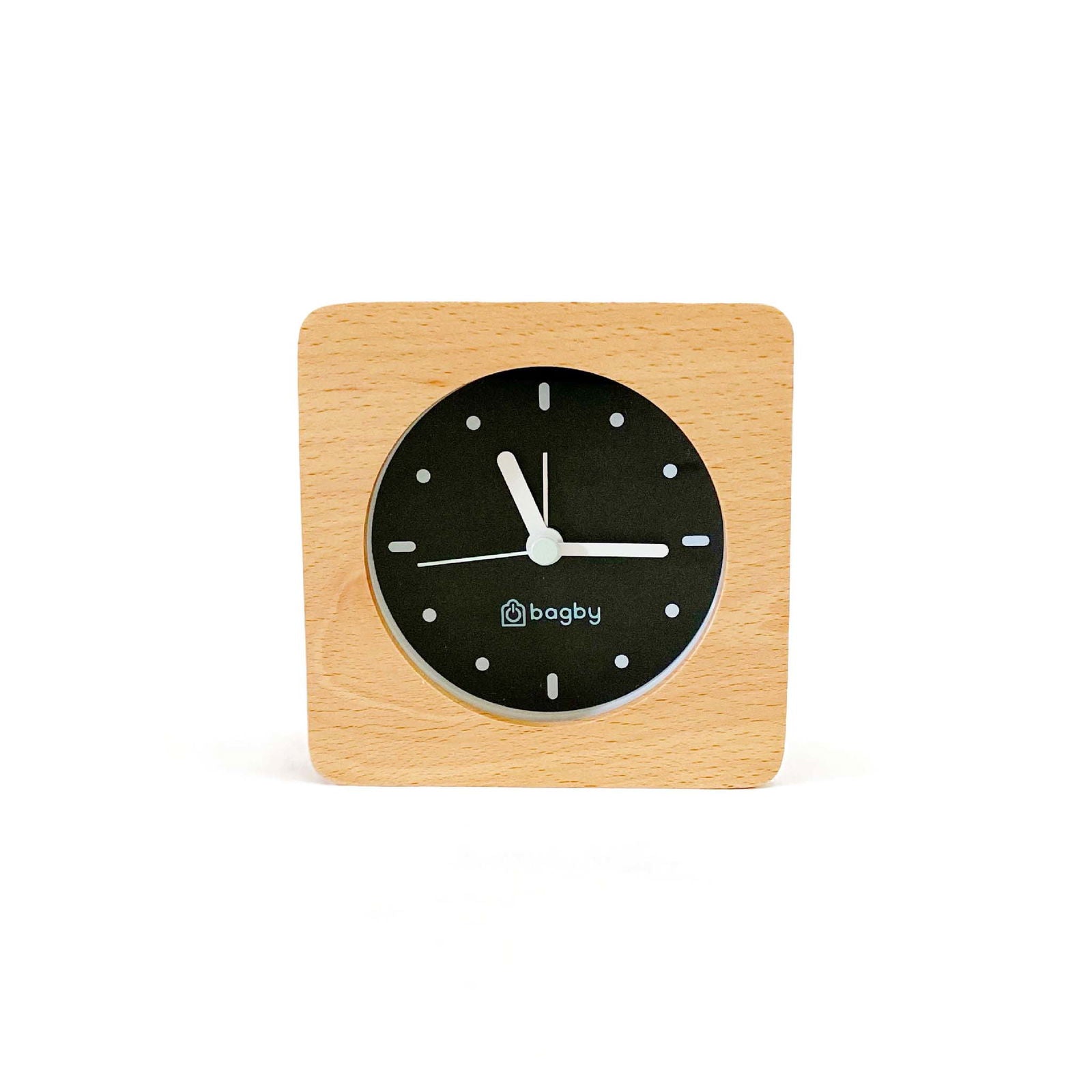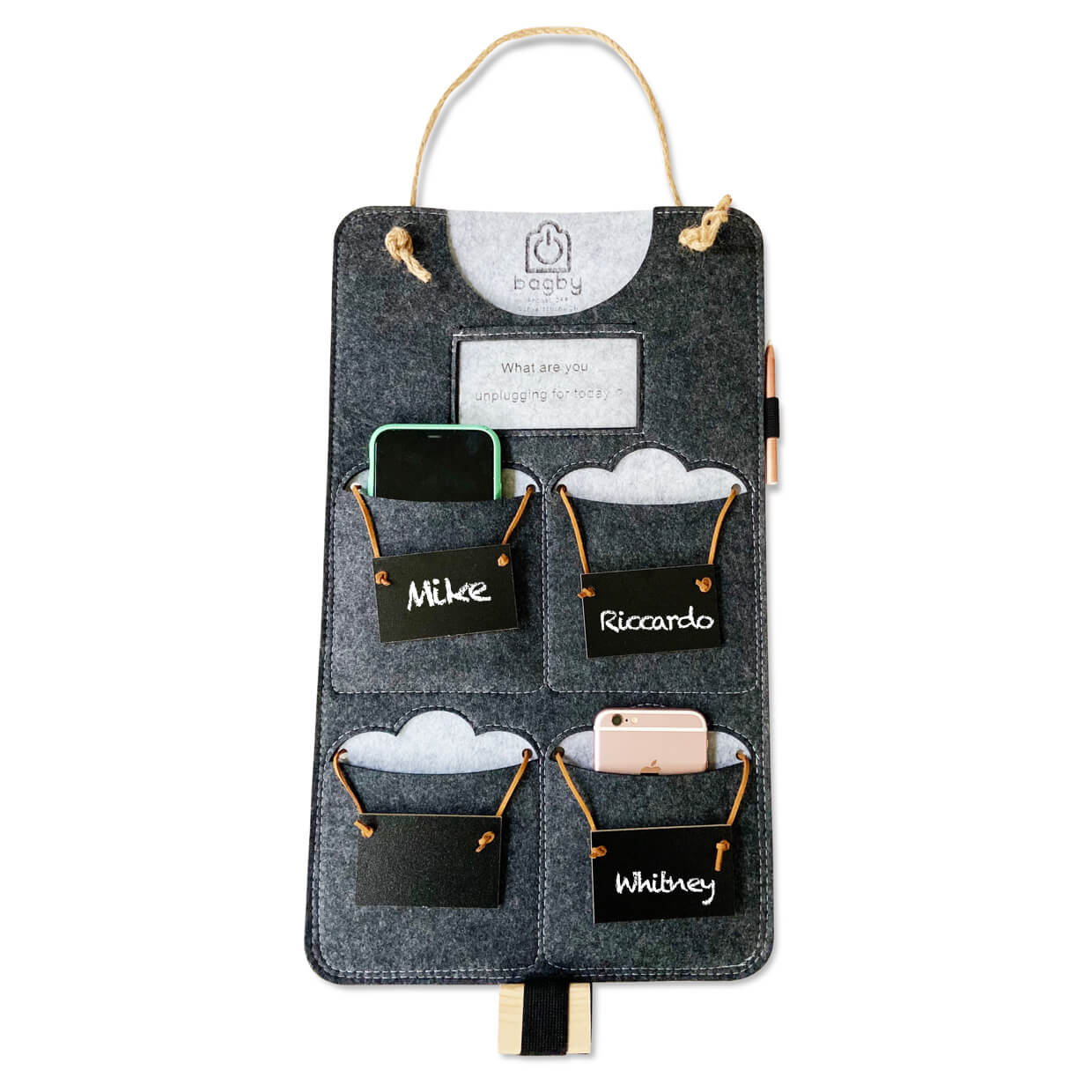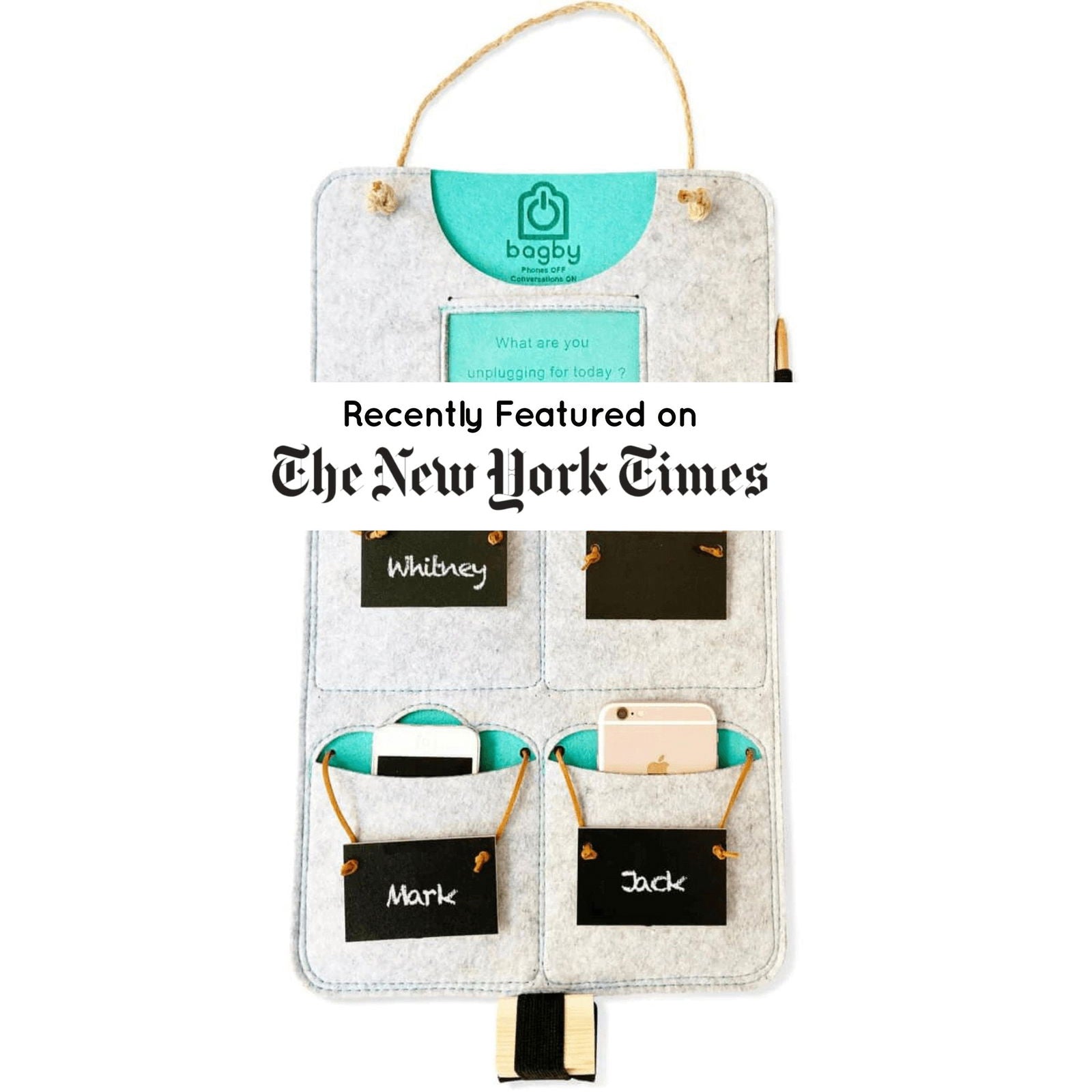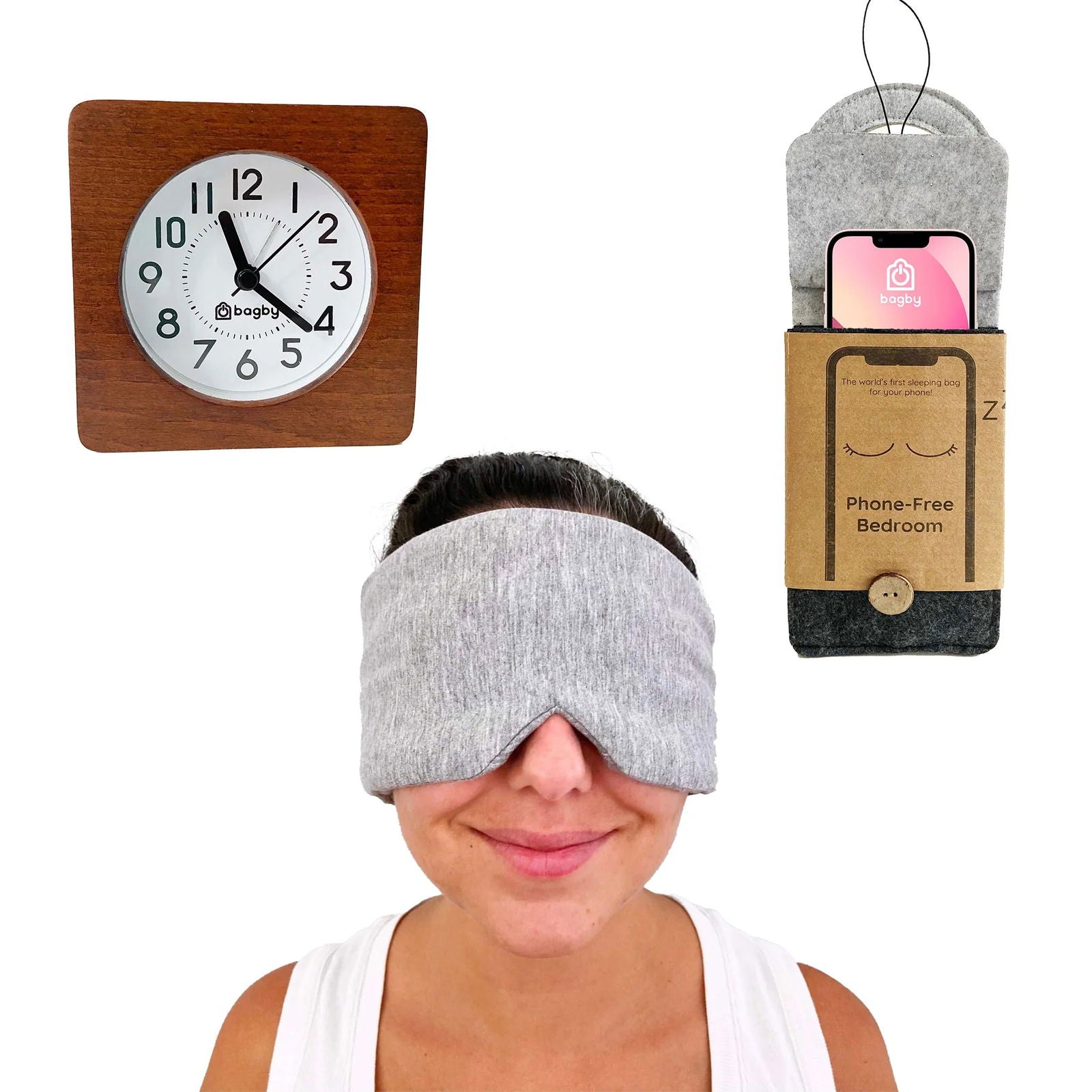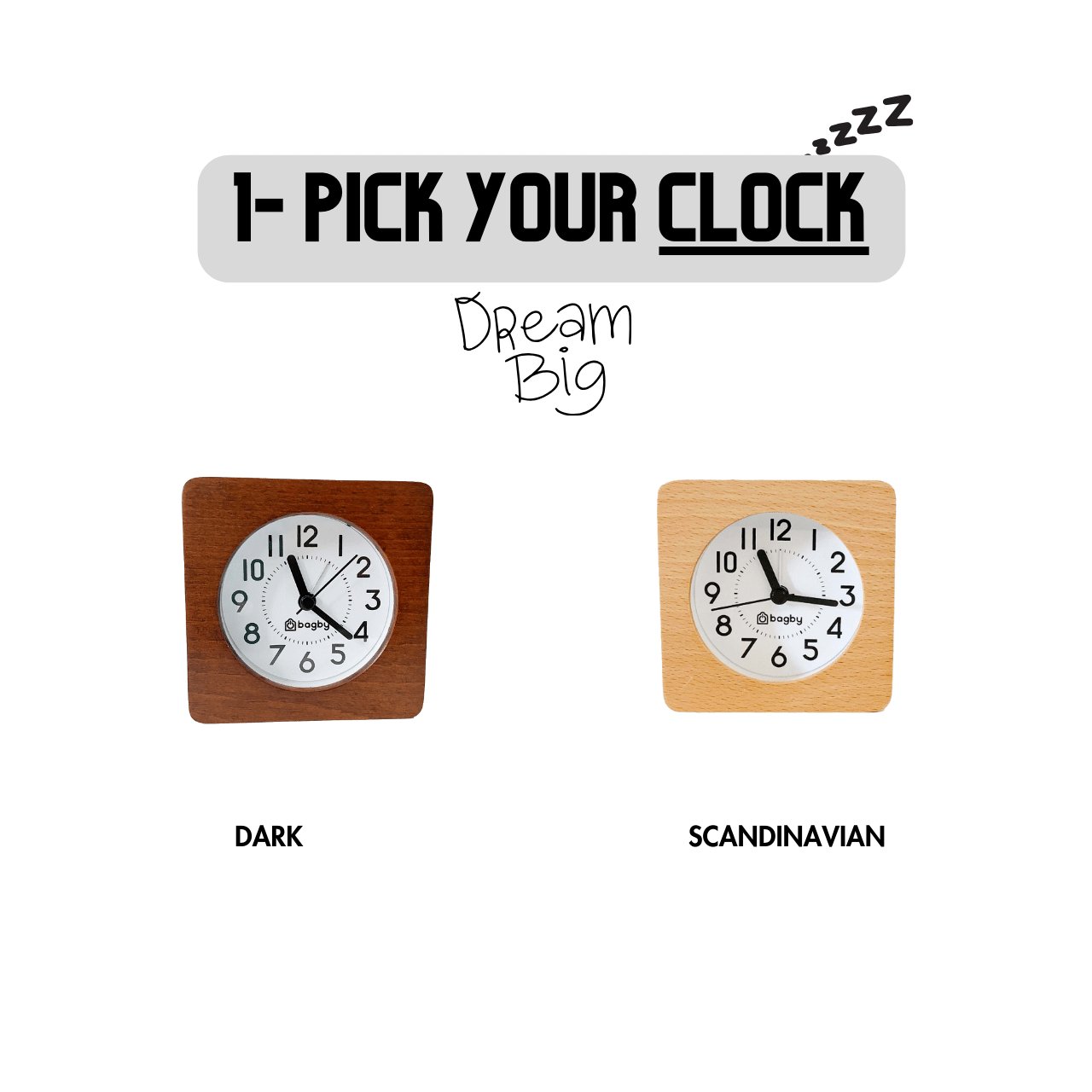Have you ever experienced that feeling when someone, older than you, alerts you about something and you take them as old school rubbish?
Well, my mom, who is a typical baby boomer, makes more sense now. She is a non-tech savvy person but someone who knows about life more than a bunch of Millennials. She used to tell me: “Son, every era has a drug. We need these to control people, to make them feel good. It used to be the religion, the cigarettes, the fast food, etc. Now, it seems the new cool is social media which multiplies its effects thanks to our phones.”
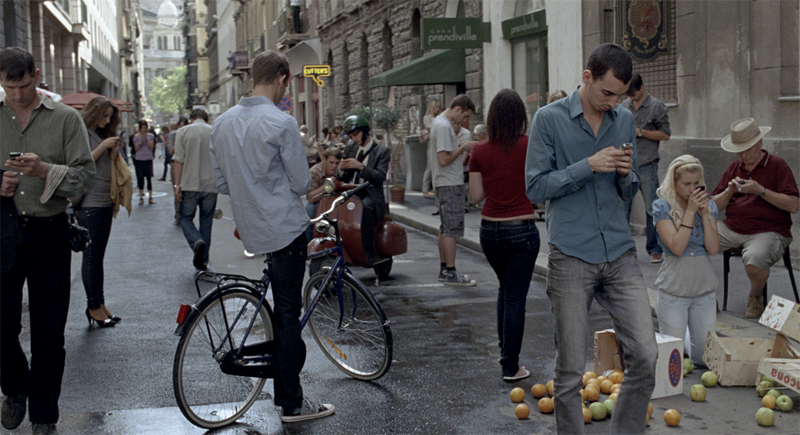
I remember she told me this when phones weren’t truly smart yet. At that time, I thought… “Mom, be cool, you are getting old”.
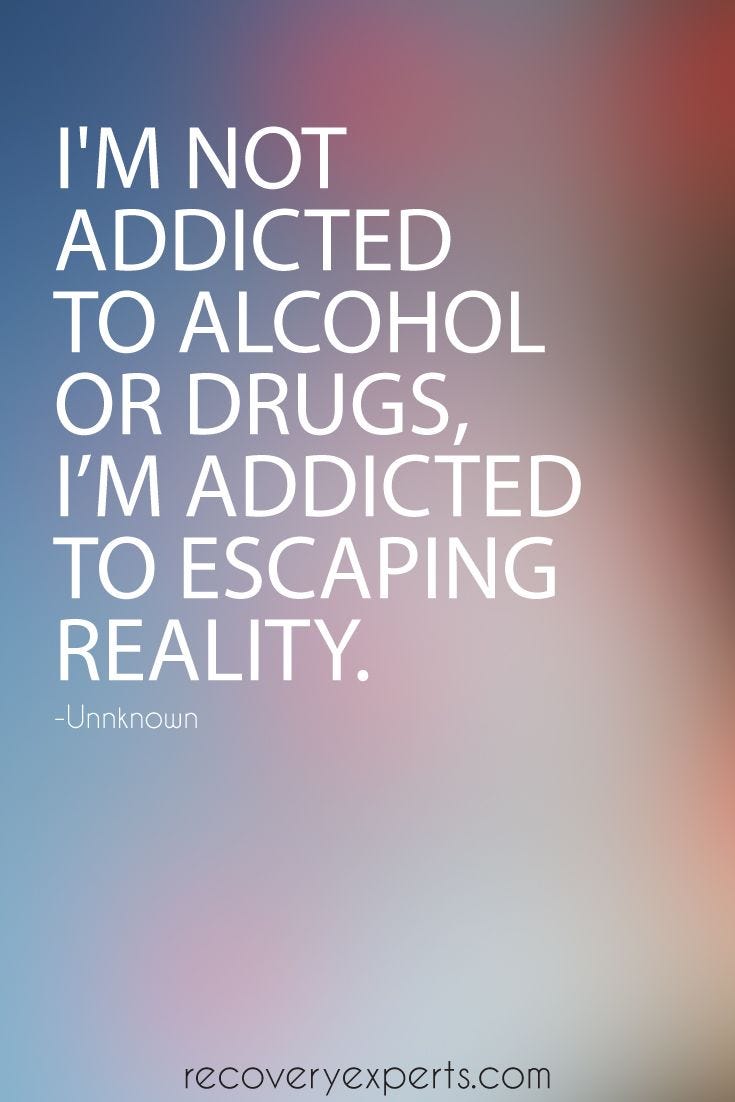
Over the last 6 months, I’ve been investigating and researching the phone addiction topic and basically, some people consider it just an harmfulness addiction while another group believes we are facing the new tobacco or the new sugar. There is indeed a lot buzz going on and the media has covered it with a great sensationalist touch. I heard crazy things like Smartphones are like “digital heroin for children” or “People would rather give up sex than their phones”. A round of applause for these headlines, please.
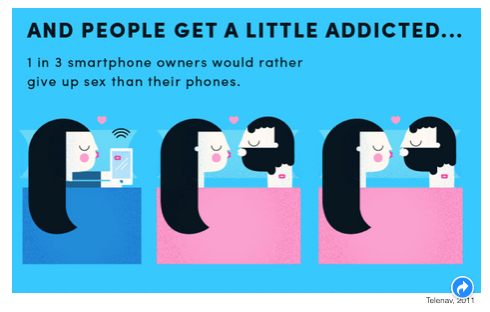
I like how Enric Puig (“The Greatest Addiction”) position the issue: “If I tell you that I have a friend who has a substance in his pocket that consumes about a hundred and fifty times a day and if he goes away from it more than a meter develops a strong fear and dependency. You will surely say that this person is addicted to it. This is what is happening to us with the Internet and our Smartphones.”
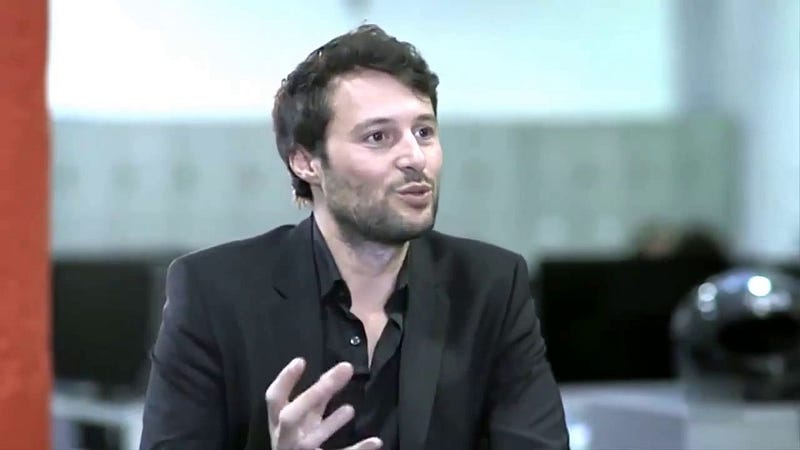
“The collaborative / participatory Internet, which is mostly the modality in which we are living, seeks our dependence. Being almost entirely empty platforms that are nourished by our content, it interests us to be at all times connected. This dynamic is facilitated by “smart” phones, which have caused us to be constantly available and nurturing the network. This state of hyperconnection carries with it its problems, which we are beginning to see.”
On the other hand, the omnipresent Simon Sinek is very clear about the topic and alerts on how Smartphones addiction is killing innovation.
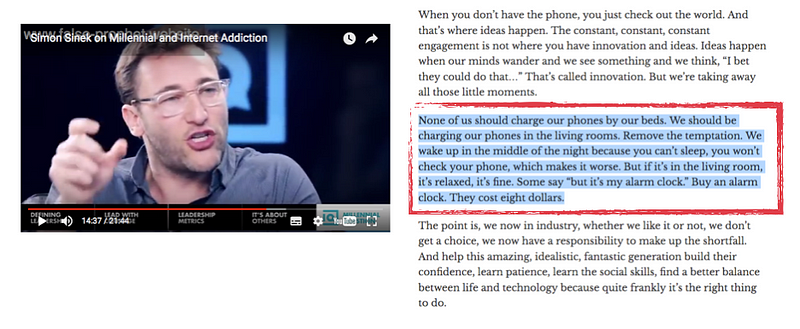
I could spend hours or even days talking about the topic, so I prepared a presentation which includes not only a list of these new digital sicknesses but some relevant pieces of coverage, some projects or brand facing the issue and lots of studies and research. You can find it below:
Among some brands and projects fighting phone addiction in different ways we can find:
- Calm.com: an easy-to-use meditation on the Go app.
- Time Well Spent: a movement to align technology with our humanity.
- Bagby: a non-tech solution to help people, especially couples, to put their phone away to focus on what truly matters.
- Yondr: It gives artists, organizations and individuals the tools to create phone-free events and spaces. In a technology-filled world
It seems everybody is trying to come out with the latest and greatest in high-tech, the coolest VR app, etc While what we truly need is less technology. We need to apply Minimalism thinking to technology. LESS Technology, MORE connection.
This is the challenge I took 6 months ago. Today my bedroom is phone-free and I sleep better. No distractions, no phones.
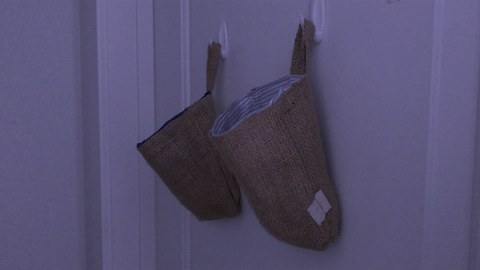
I don’t know exactly where all this is heading but I’m pretty sure we are facing something that is putting not only our attention span in danger but also our health both mental and physical. Time will tell.
“Cell-phone use is a good example of what Mick and Fournier (1998) referred to as “a paradox of technology”. The use of modern smartphones can be both freeing and enslaving at the same time.”
What are you doing to reduce phone addiction? How are you facing this new problem? How do you see technology evolving within the next 10 years?
Feel free to share this article if you consider it can help to grow awareness of this issue.

